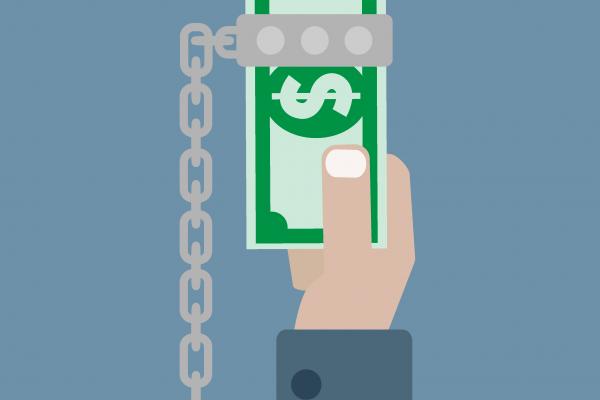On Feb. 8, civil rights attorneys sued the city of Ferguson, Mo ., over the practice of jailing people for failure to pay fines for traffic tickets and other minor, non-criminal offenses.
And to this I say: It’s about time.
Growing up with an attorney father — a “yellow dog Democrat” one at that — who often took on poor clients in return for yard work and other non-cash payments, I heard early and often about the unfair — and illegal — practice of debtors’ prison. A poor person could not be jailed for failure to pay a fine, my father told me. I trusted his words were true.
So imagine my surprise when at the age of 18, I was arrested for unpaid traffic fines.
At that time I was a stay-at-home mom, trapped in a too-early marriage I would one day leave. My son was probably 6 months old. When the knock came at my door and I saw a police officer standing outside, I didn’t hesitate to answer.
The officer confirmed my identity and told me I was under arrest for failure to pay traffic tickets I had received for driving an unregistered vehicle.
I know that I should have paid the registration. Once ticketed, I know I should have worked out a payment plan. I know I should have taken responsibility for my illegal actions.
But I was young, inexperienced with the system, and very, very poor. Too poor to keep up with even the most modest of payment plans.
Read the Full Article

